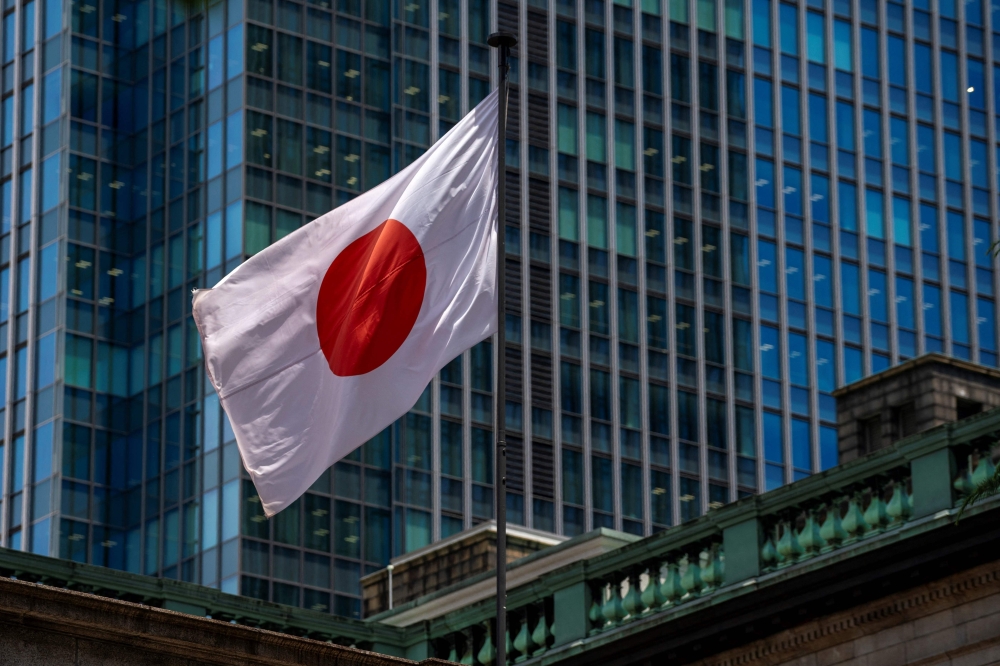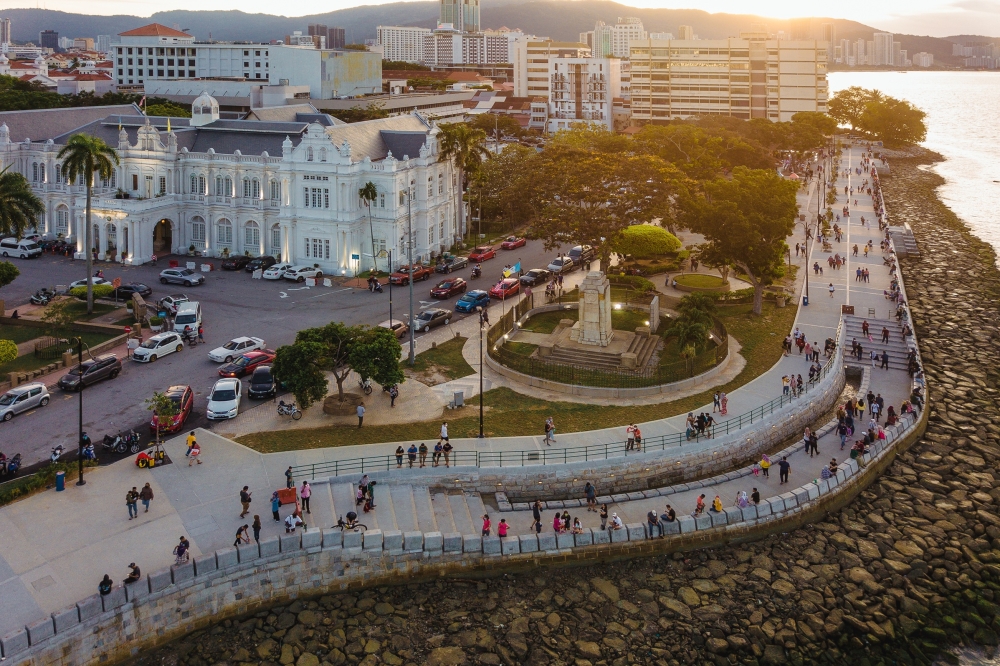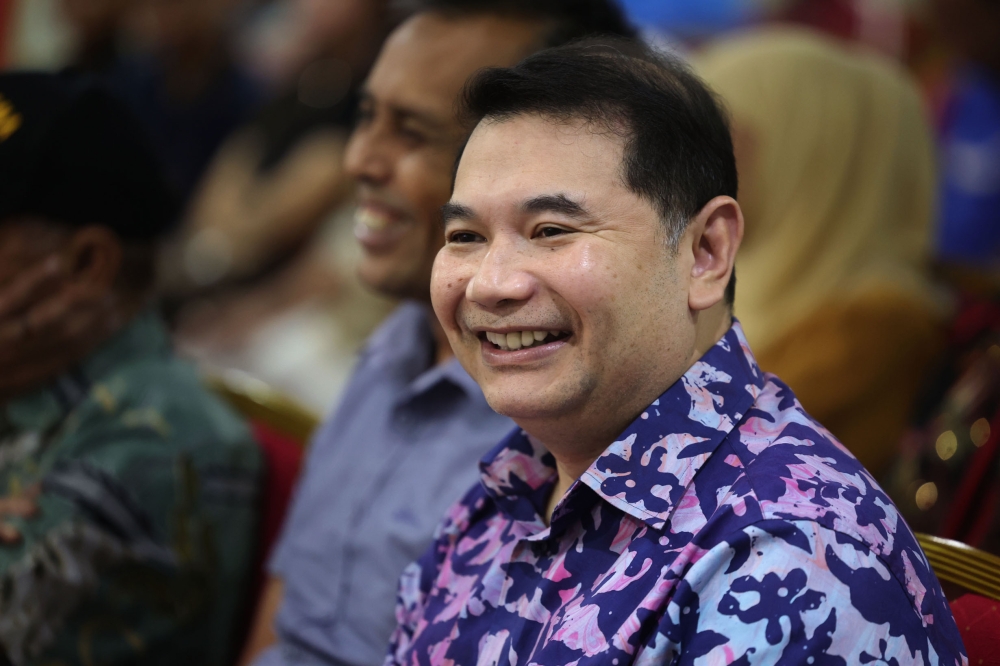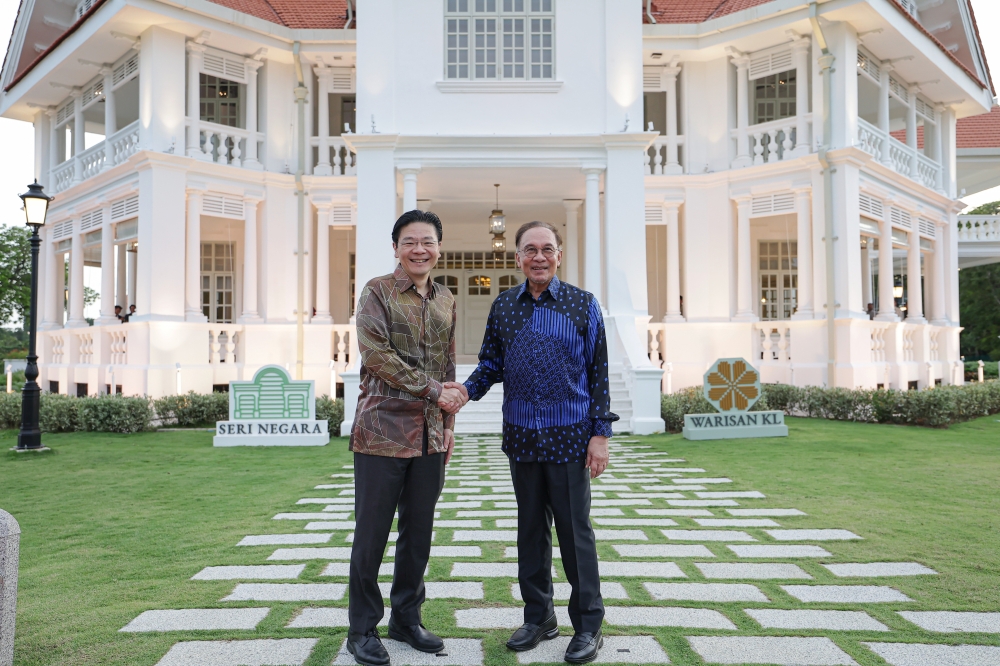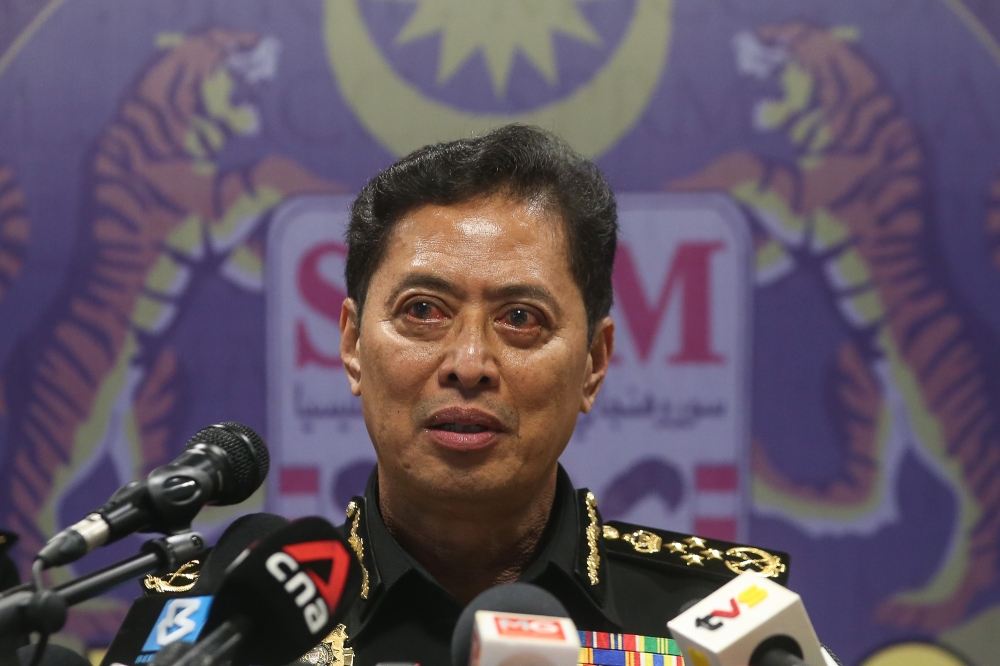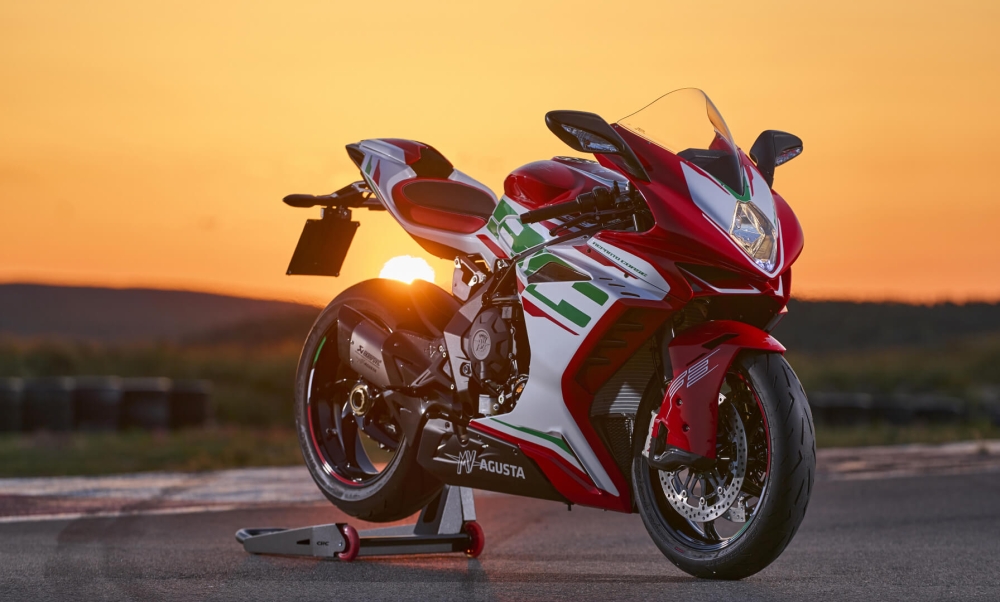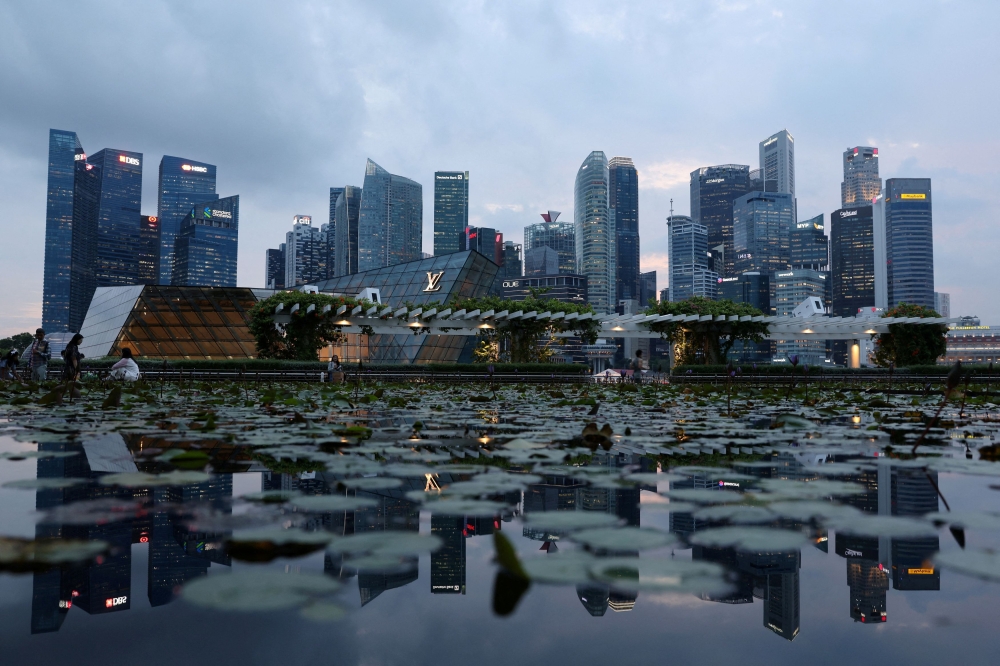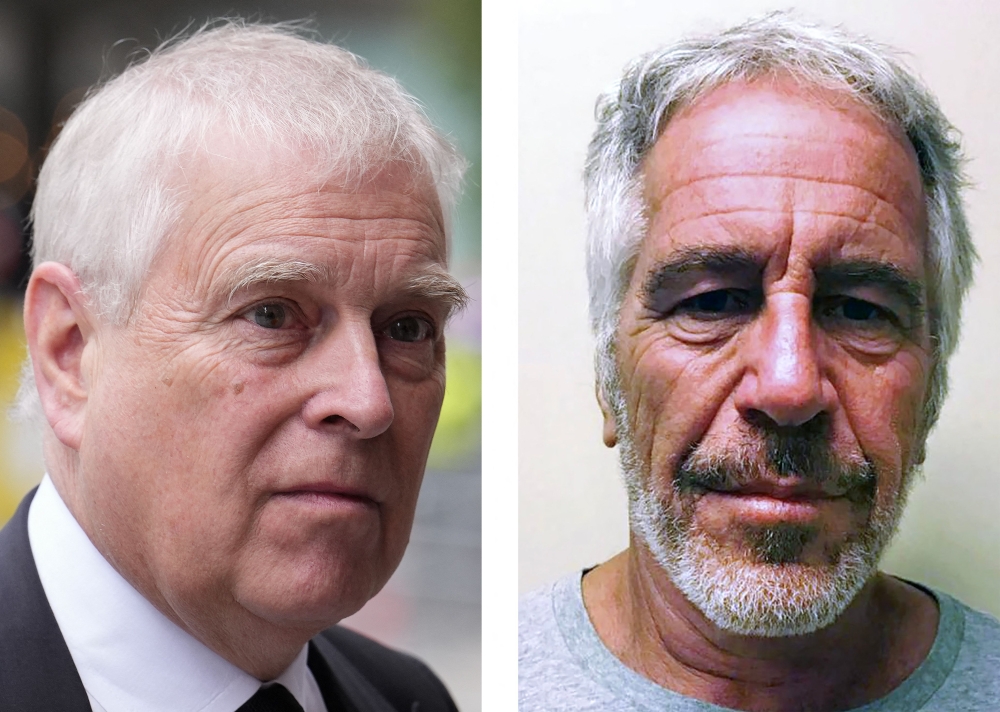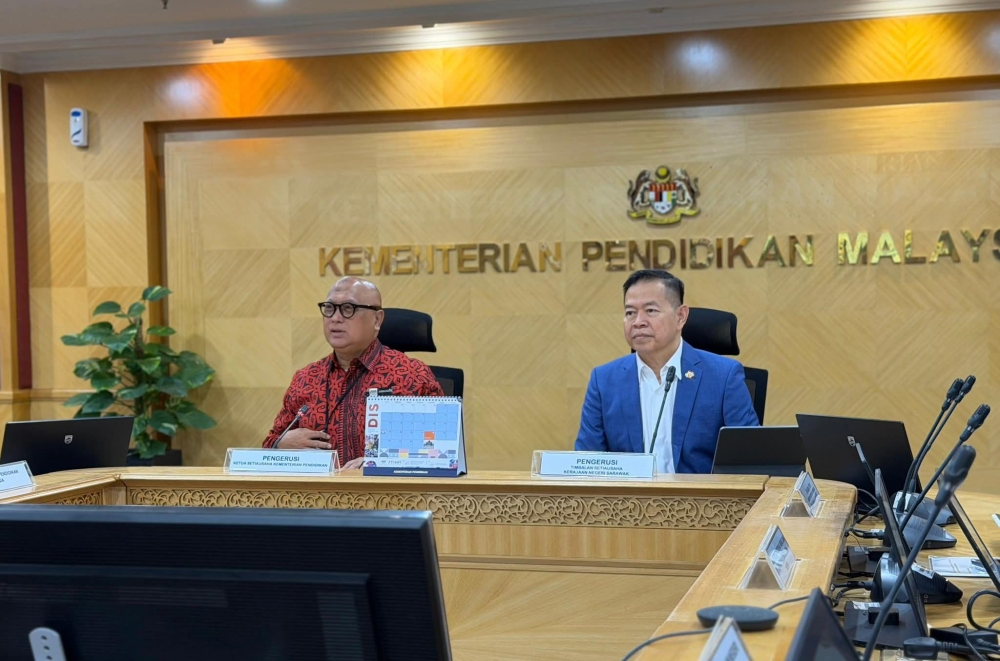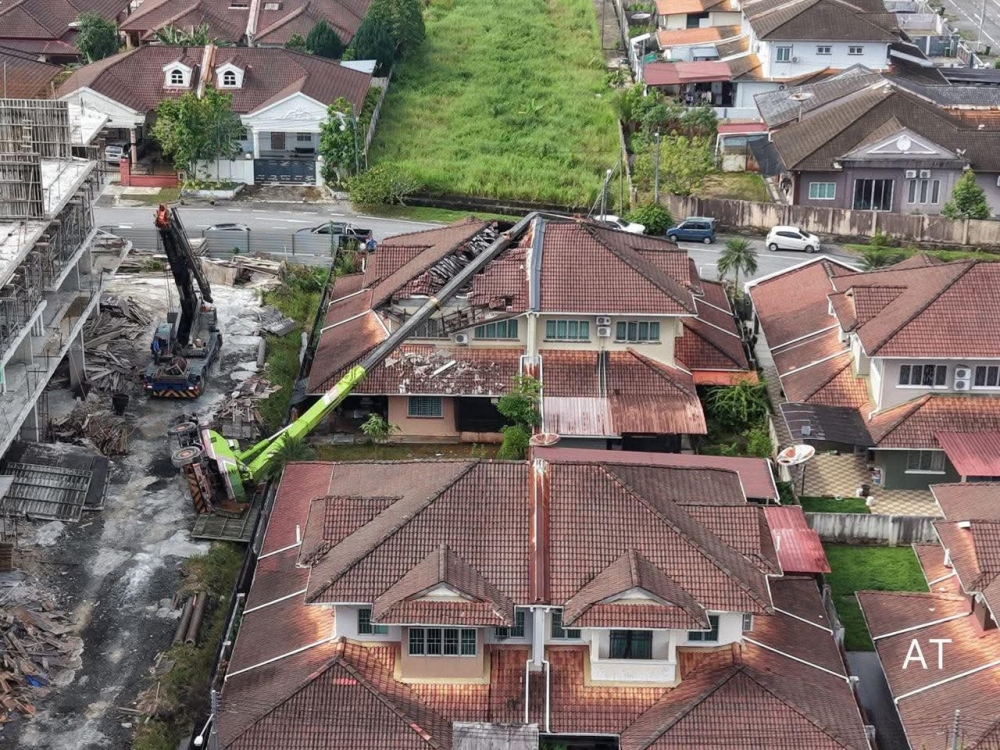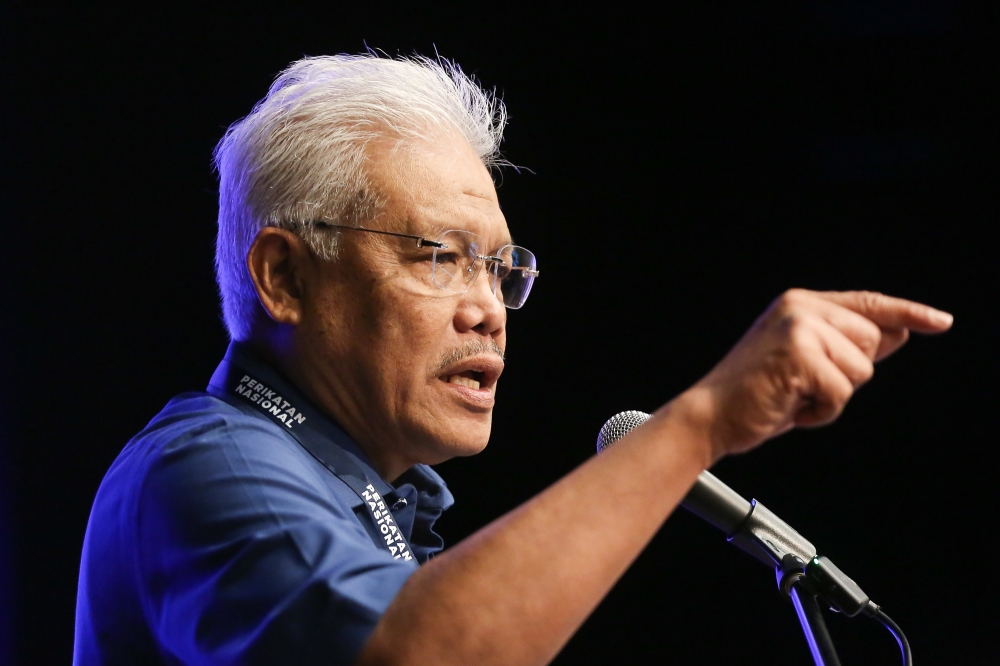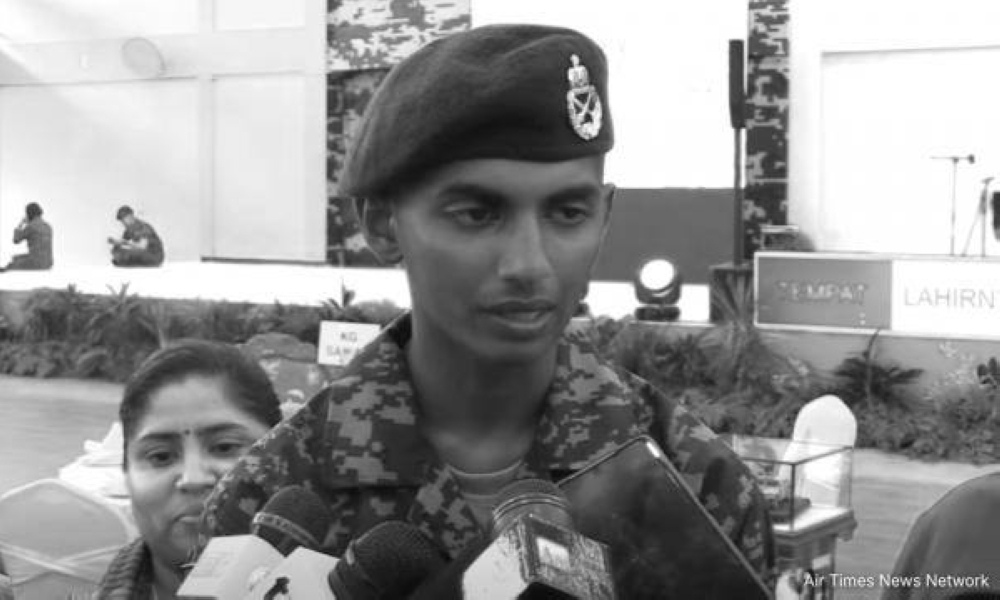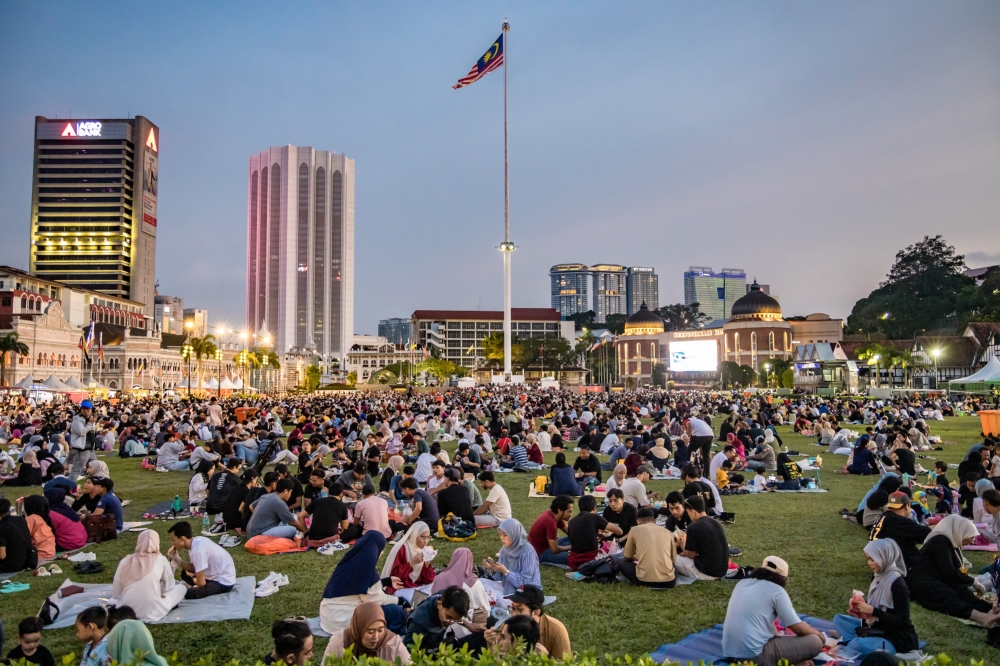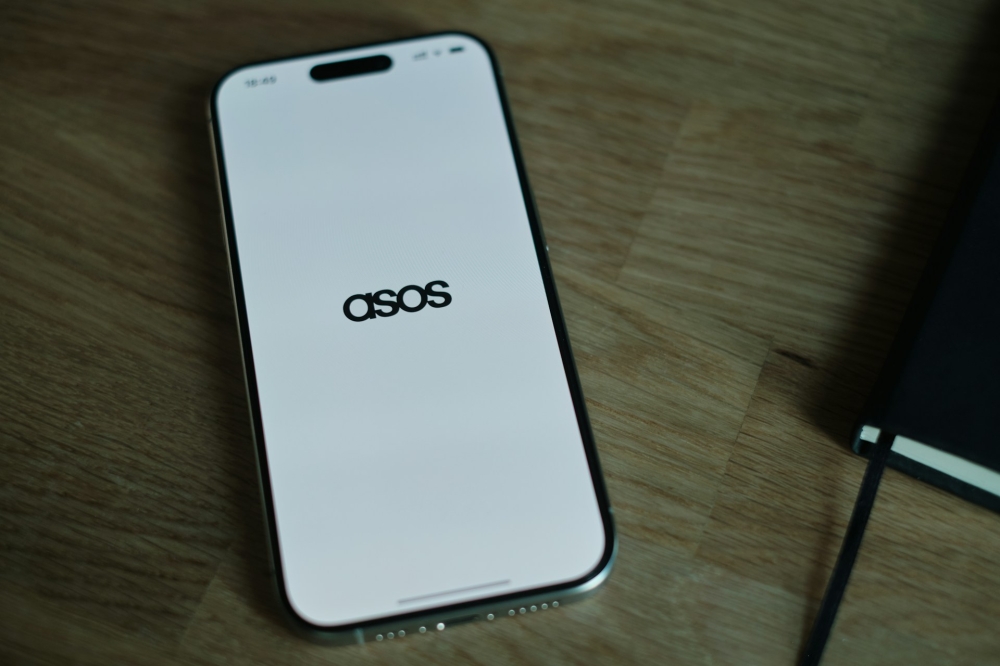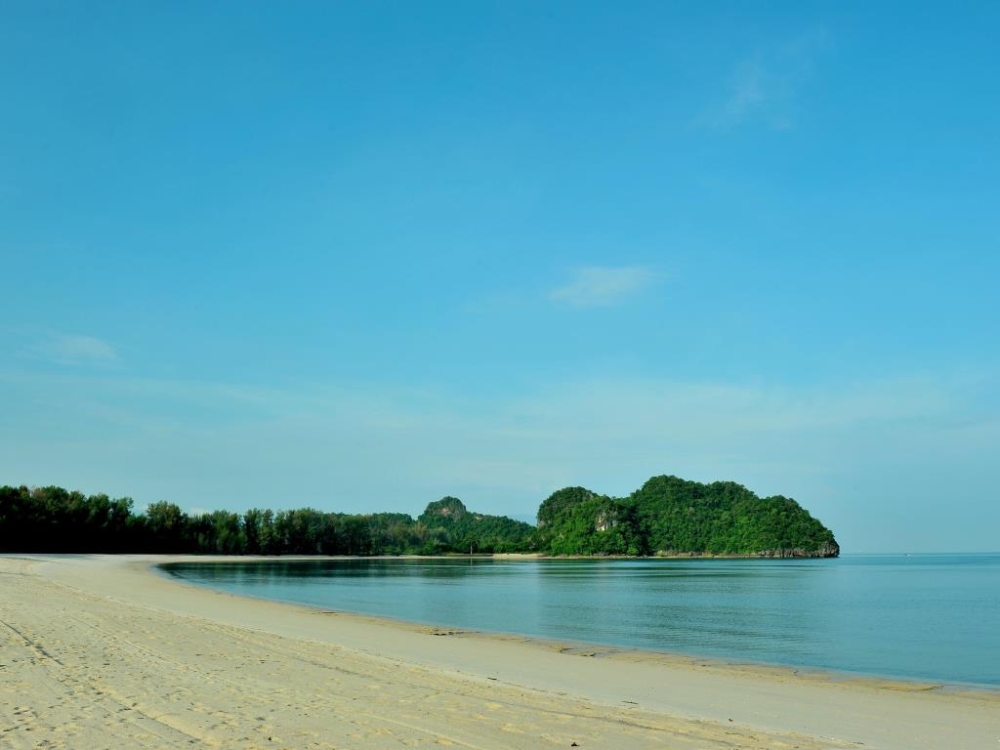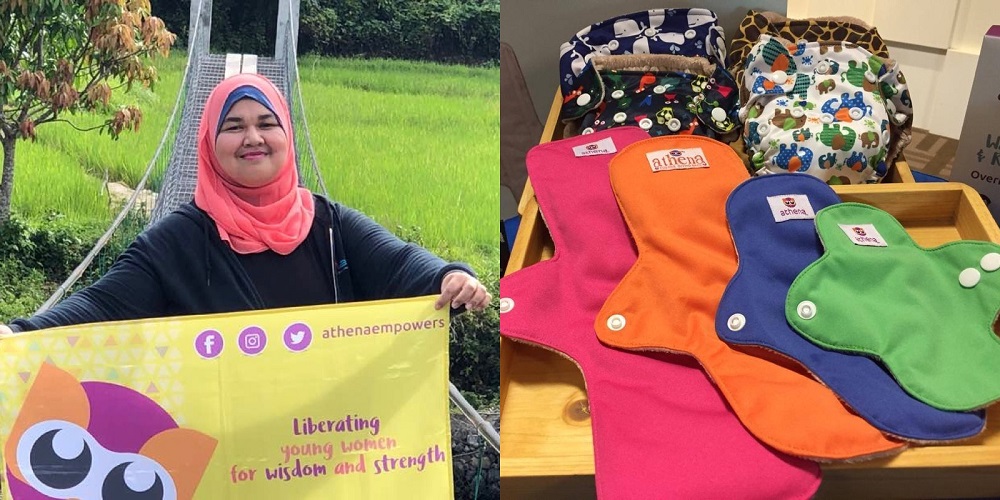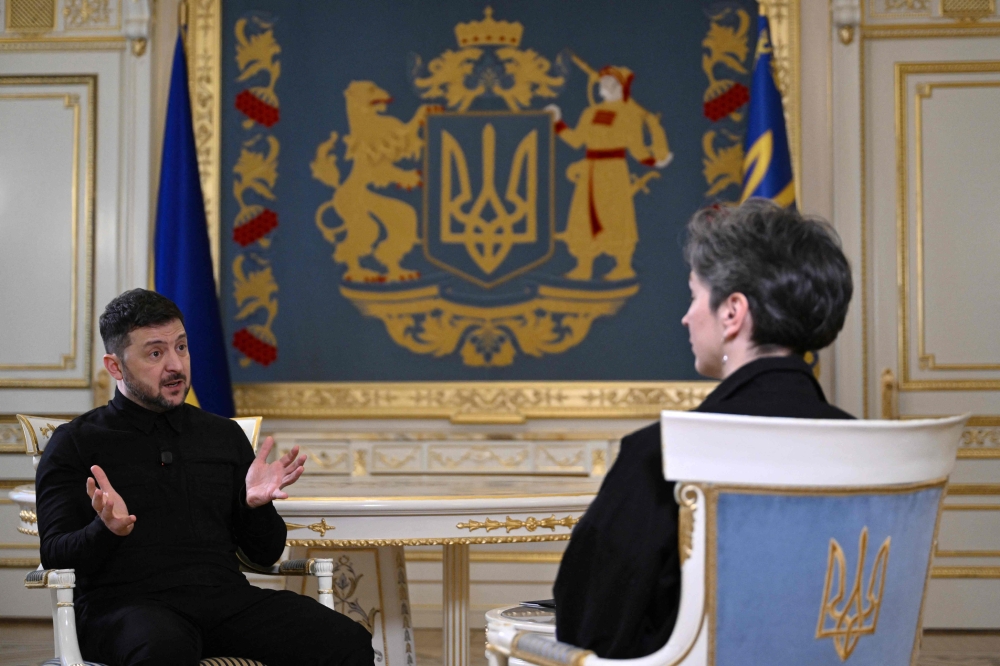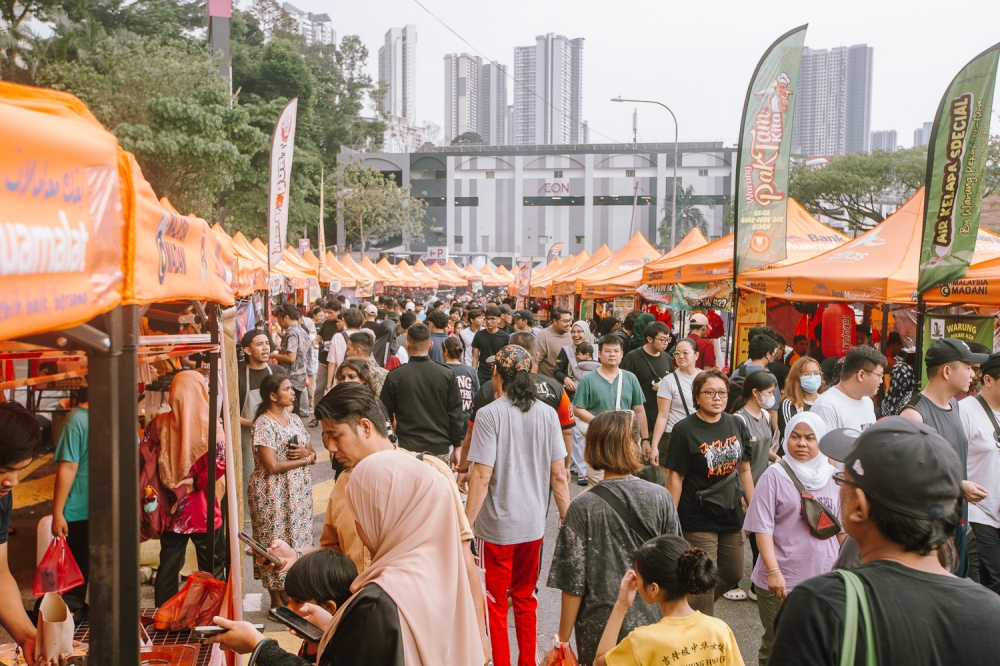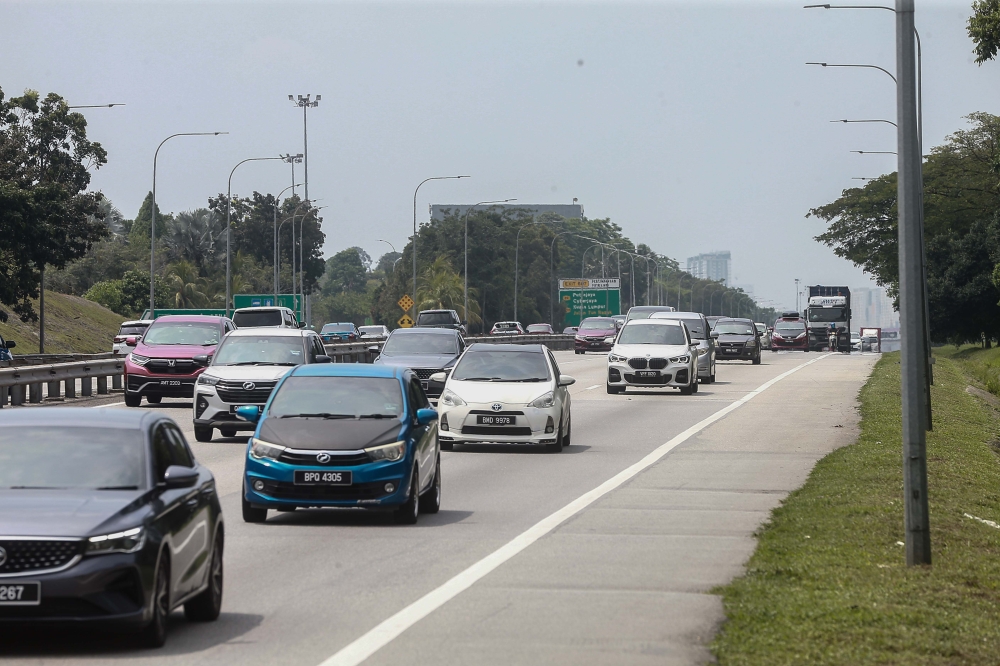PETALING JAYA, Jan 6 — Anja Juliah Abu Bakar knew she couldn’t just stand by and do nothing when she found out that young women in Sabah were using coconut husks stuffed with socks to manage their monthly periods.
She donated 33 sets of reusable pads from her business to girls living in a rural community in Keningau after hearing of their plight from missionaries back in 2012.
The savvy entrepreneur then decided to travel to the town to see just how severe the period poverty problem was with her own eyes.
During her visit, she discovered how a widespread lack of knowledge on menstrual hygiene and overall economic hardship forces many girls to miss school during their periods.
“They would rather skip a week of school when they’re on their period instead of buying pads and use the money for food instead.
“When I returned home from Sabah, I did some research and I was shocked when I found out that 15,000 Malaysian girls miss approximately 60 days of school a year due to period poverty.
“Some of them even drop out of school at 14 or 15 because they don't have the necessary sanitary products to manage their period and they get made fun of when their clothes get stained,” Anja told Malay Mail.
It wasn’t long before Anja decided to leave her full-time job at an oil and gas company in 2012 to focus on running Athena Empowers, a reusable pad business and social enterprise that grew out of the business she founded in 2009.

The company has partnered with several NGOs and corporations to combat period poverty in underprivileged communities by distributing reusable pads and hosting educational workshops on good menstrual hygiene.
How reusable pads became a saving grace
Aside from being comfortable and environmentally-friendly, Anja said her bamboo cloth pads are an affordable investment that saves money in the long run.
The pads, which come in various colours and sizes, are five times more absorbent than disposable cotton pads and can be easily washed and reused.
They are priced between RM21 and RM40 and every sale helps Athena Empowers fund outreach programmes for young women in Malaysia experiencing period poverty.
With the aid of NGOs and corporations, these girls receive cloth pads that eliminate the need for them to rely on disposable sanitary napkins every month.
“For those living in rural, underprivileged communities, reusable pads are an economical choice because one set can last five to seven years before it needs to be replaced.
“Even the sample pads that I gave to my friends in 2008 are holding up well today, so if you know how to take care of it properly, it will stay good as new for a long time.
“Bamboo fabric also has a better airflow compared to plastic and cotton, so you won’t experience problems with smelly odours like you do with disposable pads.”

Anja was no stranger to the e-commerce world when she first started Athena Empowers, then known as BluCotton, in 2009.
She previously headed a small online business selling telekungs and other accessories sourced from Vietnam and Indonesia, in addition to her day job as a human resources executive.
A lightbulb went off in Anja’s head after she stumbled across an online post in 2006 made by a mother who crafted cloth pads for her daughter as part of their zero-waste lifestyle.
Anja saw promising potential in the idea of reusable pads and shelled out RM500 on a few metres of bamboo fabric to kickstart her project.
However, she was turned down by several tailors who brushed off her requests to make a reusable sanitary product.
“They laughed at me and asked me why I needed to make reusable pads when I can just buy disposable ones.
“They couldn’t even imagine why anyone would need a product like that.”
A stroke of luck eventually led Anja to cross paths with a fashion designer who was keen on getting a fresh start after serving a prison sentence for drug use.
He produced 37 cloth pads for Anja who distributed them to her close friends and acquaintances as a way of getting the word out about her business.
Within a month, rave reviews started pouring in for the product.
“My friends who experienced allergies or skin sensitivities to disposable pads told me that cloth pads were so much more comfortable to wear.
“They asked when I was going to start doing this as a commercial business because they wanted to buy more.”
Education without barriers
Since establishing her business in 2009, Anja has worked tirelessly to address issues concerning female empowerment and menstrual poverty amongst Malaysian girls.

Her efforts earned her a spot next to 17 leaders from various countries who were invited to the White House in September 2019 to be part of the Women’s Global Development and Prosperity (W-GDP) initiative established by US President Donald Trump.
In addition to gaining international recognition, Athena Empowers joined hands with AirAsia Foundation last December to sell their reusable pads at the Destination: GOOD flagship store in REXKL.
The store spotlights ethically-made, sustainable products from Southeast Asian brands and provides a new avenue for Anja to further her mission to promote menstrual hygiene amongst marginalised women and girls.
“AirAsia is a household name and for us to work with them is a big opportunity and we’re so grateful.
“Having our product in their store gives us good mileage to reach out to both locals and tourists who visit the store in Kuala Lumpur.”
More than anything, Anja hopes that she can help young women stay in school by providing affordable products that can help them manage their menstruation safely and effectively.
She added that every girl has a right to pursue an education without being held back or experiencing shame due to her monthly periods.

